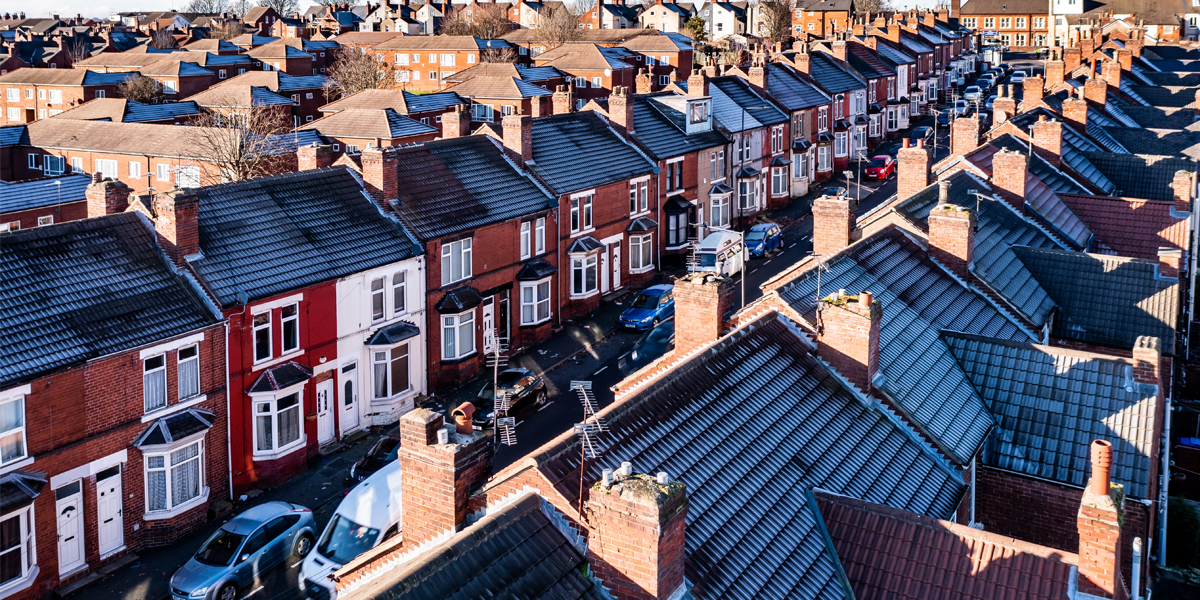National Energy Action response to the Call for Input on Affordability and Debt
Date: 16th May 2024

Summary of our response
In April 2024, the energy price cap fell to £1,690 for the typical dual-fuel household that pays by direct debit. Ofgem recently decided to change the level of consumption that it uses to calculate what a ‘typical’ household might pay. Under the previous calculation, the price cap would be announced as £1,769. This is 56% higher than the price cap prior to the beginning of the energy crisis, which was £1,138 for the typical dual-fuel household that pays by direct debit. We estimate that the new price cap level leaves about 6 million UK households in fuel poverty, based on a definition of needing to spend 10% or more of income on energy costs.
All the targeted support that was introduced to directly reduce energy bills has now ended. Cost-of-living payments totalling £900 for households receiving means-tested benefits and £150 for those in receipt of disability benefits have also now ended. This cut to income is not offset by the slight reduction in energy bills. National Energy Action carries out regular quarterly polling. At the end of March, National Energy Action commissioned new YouGov polling3 which found that 34% of GB adults say they have found it difficult to afford paying their energy bills over the last three months.
Additionally:
- 59% of GB adults say they had rationed their heating, turning their thermostat down lower than they wanted. 16% say they had done so every day, with those in debt to their energy supplier more than twice as likely to say this than those in credit.
- 49% of GB adults say they had gone to bed to stay warm. 19% say that they had done so most days. Those in debt to their energy supplier were more than three times as likely to say this than those in credit.
- 15% of GB adults say they had used an improvised heater at home. Those in debt to their energy supplier were more than twice as likely to say this than those in credit.
It is therefore not a surprise to see that Ofgem confirmed that debt levels are continuing to rise and now sit at a record high of around £3.1bn. In the Call for Input document, Ofgem confirms that the average level of debt has increased by around 50% in the past 12 months. The number of households in debt has increased by around 20%. This indicates that not only are more households falling into debt, but for those already in debt the affordability pressures are much greater. Furthermore, about two-thirds of the overall debt figure consists of arrears. This is defined as debt without a repayment arrangement. The remaining third consists of debt where a repayment arrangement is in place. This further highlights the challenge of debt: that it will continue to grow if affordable repayment arrangements are not set.
In response, National Energy Action welcomes the opportunity to input into this process and calls on Ofgem to consider solutions it has the power to create, in addition to working with the UK Government to create enduring solutions to debt and affordability challenges.
© 2025 NEA all rights reserved.




